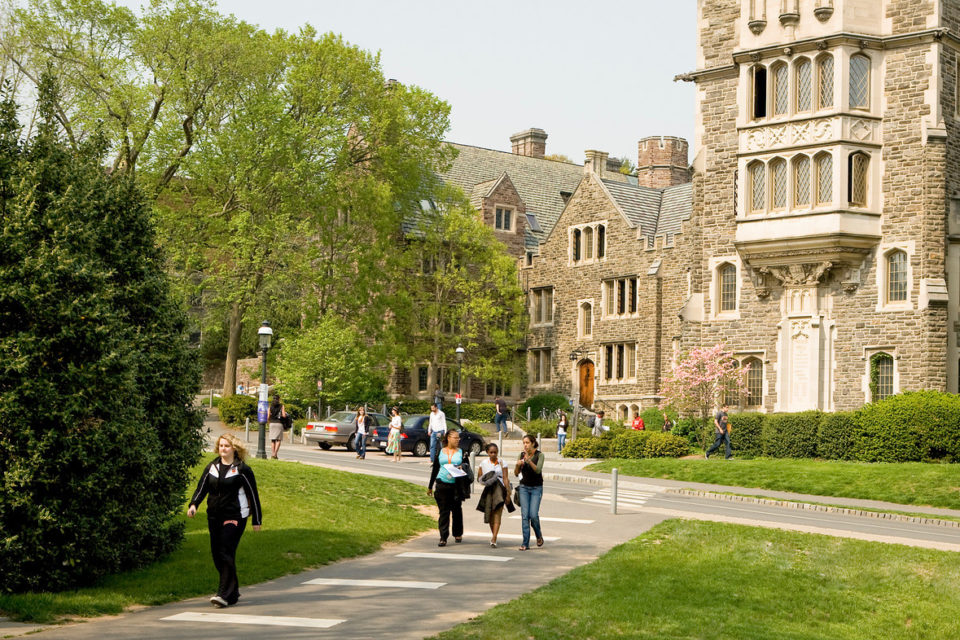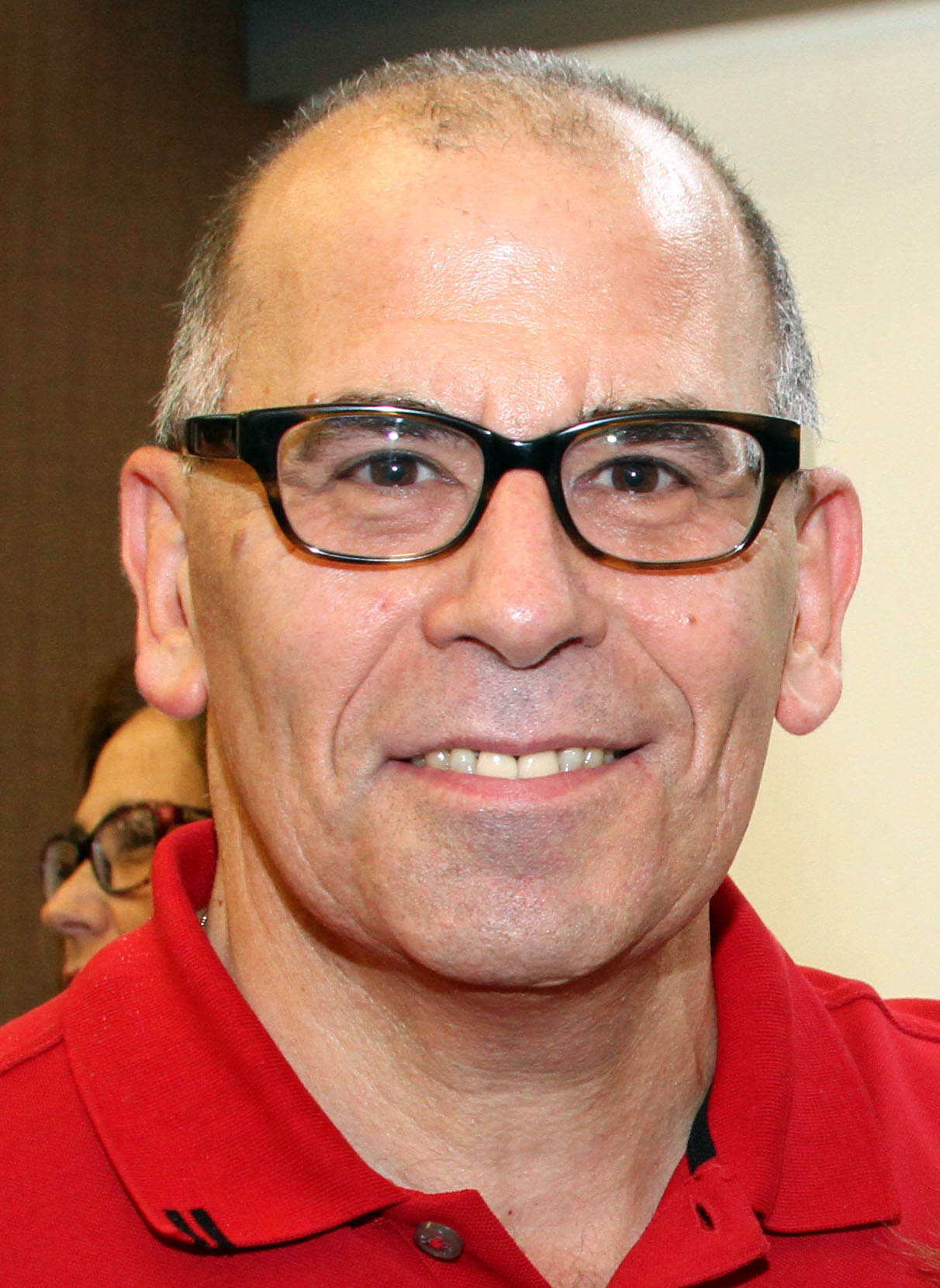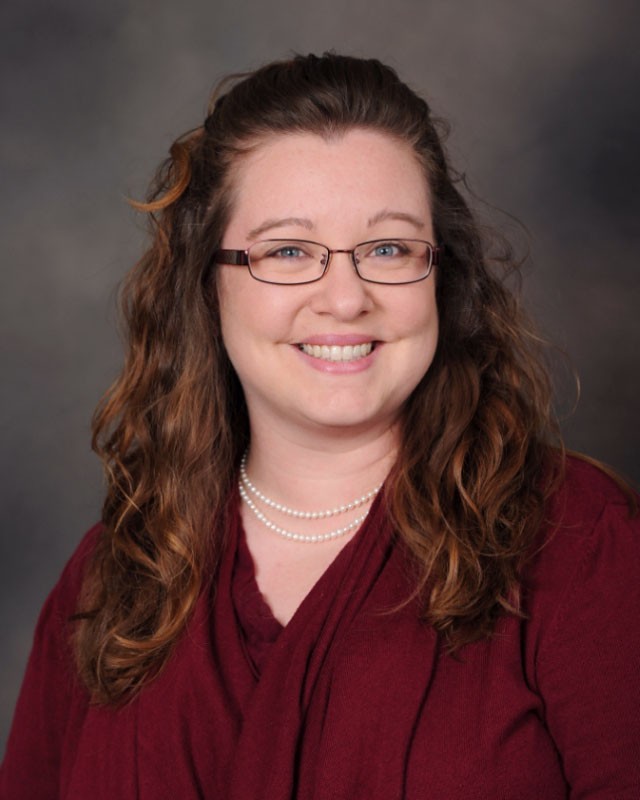Fall Survival Checklist: Finding the Best-Fit School

Photo: Princeton University, Office of Communications
Last year we reached out to local experts to get their insights on how to prepare for the college application process, write the college essay, deal with the stress of college application season, and find the best-fit school for your child. This year we dig a little deeper into the question of best-fit schools and what that means for finding employment after graduation.
What are the most common questions parents ask about college?

Neal Schwartz, College Planning of Westchester
Neal Schwartz, College Planning of Westchester: Do you think my child will get into college X, Y or Z? What have you heard about college X, Y or Z? What schools are like college X, Y or Z? Will my son or daughter do better in a small or large school? That’s moving in the right direction.
Christine Cahill, Director of College Counseling, The Harvey School: They ask about school rankings, retention rates, and the value of a school’s reputation. Then they want an idea of what school their child can get into with their GPA and test scores. Increasingly parents want to know what school’s can offer their child the best opportunity to get a job or get into a good graduate school. But, parents are also asking, “what’s the best fit school for my child?” That’s where the real conversation begins.
What should they be asking?

Christine Cahill, The Harvey School
Neal Schwartz: Is this a good college for the academic major my child is interested in? Does the academic rigor match my child’s abilities? What’s the balance between the academic and social climate of the school? What are the school’s retention and graduation rates?
Christine Cahill: What’s the best learning environment for your child? Even students with very high grades and test scores need to consider what their comfort zone is? Your child may be very smart but how confident are they? How do they handle pressure? How much competition do they want or need to stay motivated? How does your child handle change? With those questions in mind students can start building a school list.
How do you find the best-fit school?

Neal Schwartz, College Planning if Westchester
Neal Schwartz: Look beyond the brand name. Start with really basic factors that may affect a student’s performance. Like is the climate too cold or too hot? Is the school too different, or not diverse enough? How competitive is the school? Do you want a broad liberal arts experience or a research institution? Do you want a repeat of high school or a more growing and learning experience?
You should consider a school’s reputation and the facilities they offer but pick the one that has the right climate – literally, socially, and academically for your child’s personality, psychology and aspirations.
Christine Cahill: Think balance. Successful students need an academic challenge. But that has to be balanced with an environment that will help them grow in confidence academically and socially. This is where intangibles like student life come in. Most Westchester County students live in fairly homogenous towns. When they go to college they open themselves up to great diversity. A student nervous about change may find a large university overwhelming. A student tired of the same old thing and ready to try new experiences may find a small rural college stifling.
Start by building a balanced list of schools to apply to. Give yourself room to reach for challenges. Identify the “on-target” schools that you should be able to get into but are not sure things. And add some safe schools that you think would be an easy social adjustment that you feel confident you will be accepted to. Once the acceptances start coming in you may find it easier to decide what fits.
But my child doesn’t know what they want to study.

Christine Cahill, The Harvey School
Christine Cahill: Make a short list of majors that most excite you and make sure the school offers top-notch programs in each. If they don’t then the school is not the right fit even if it has a great name, and otherwise is the perfect social environment for your student. Don’t fall in love with the architecture at a school if it doesn’t have a good organic chemistry program if you want to be a doctor. Cross it off!
Neal Schwartz: They probably have a short list of majors that interest them. It is common for high school seniors to be equally interested in such disparate fields as biology and music, finance and sports marketing. Pick a school that offers what they want to pursue academically now, and make sure it offers a good back up plan if they change their mind. You don’t want your child to have to transfer to a different college because they want to change majors. That can be stressful and drive up costs.
How important is the social and cultural environment?

Neal Schwartz, College Planning of Westchester
Neal Schwartz: Once a student zeros in on a school because it has their preferred major(s), and they are comfortable with it’s academic rigor, they need to investigate the school’s intellectual environment and social culture to make sure it is a match as well.
Experience the social scene at a college before deciding to attend. Most students who leave a school after their freshman year do so because of social and cultural issues. They may not like the students. There may be too much partying or not enough going on culturally or intellectually.
Christine Cahill: Revisit schools after you have been accepted. Take advantage of “accepted student” events and programs. A student may see a school in a different way once they have received their acceptance. Interact with students on campus. Attend a class. Spend the night with a student.
If your child has a sense of discomfort or uneasiness, factor that into whether the school stays on their list no matter how great its reputation. Same for a school that a student feels absolutely at home at. It should not come off your “I might attend list” just because the name doesn’t impress your friends.
Will my kid be able to get a job after graduation?

Christine Cahill, The Harvey School
Christine Cahill: I tell students not to worry about what they want to be but focus on what interests them. This stresses out many parents, but most colleges prepare students for their future whether or not their major correlates to the field they end up in. Most professions and management positions require graduate school anyway. This doesn’t mean just taking random courses. This means working closely with professors, being active in your field in and out of the classroom, and keeping your grades up. There’s nothing like success to give a student direction in life.
Neal Schwartz: Each college tracks their graduates’ employment rates as well as how many are in graduate programs. Some may report how long before they were fully employed, while others have very detailed insights into specific career categories. Get the facts. Talk to recent alums about their career or ask employers how they view that college and discuss employment prospects with them.
In Malcolm Gladwell’s new book, David and Goliath, he talks about the Big Fish/Small Pond phenomenon and suggests it may be better to be a top student at Hartwick College than an average student at Harvard. Your thoughts?

Neal Schwartz, College Planning of Westchester
Neal Schwartz: Gladwell’s implication is that big fish remain big fish no matter what pond they end up swimming in. Why? Being a big fish in a little pond can be exhilarating. They often get access to more resources and support. Professors love over-achievers. A student who is engaged in their studies and develops strong bonds with their professors and school community is seen as more likely to succeed.
In some industries, college contacts can play a significant role. As important as networking may be, success in college trumps all. The student who is confident and on top of their studies has a clear edge. As a former corporate employer, when I had to choose between a low GPA student from a top school and a high GPA student from a less selective one, I hired the latter. This is backed up by the Gladwell studies.
Christine Cahill: I agree with Mr. Gladwell. It’s all about “feeling smart.” It’s only natural for students to compare themselves with their peers. If they are not measuring up it is harder to reach out to professors for advice, to gain recognition or take leadership positions in campus organizations.
I’ve noticed students that push themselves to get published, attend national workshops, or contribute to school organizations are the students who are confident academically and socially. These students are perceived as campus leaders and they live up to these expectations. Confidence in yourself can take you far and helps you push yourself. Finding the best-fit school is about finding a place where you think you will succeed. That’s more important than the brand name.

















